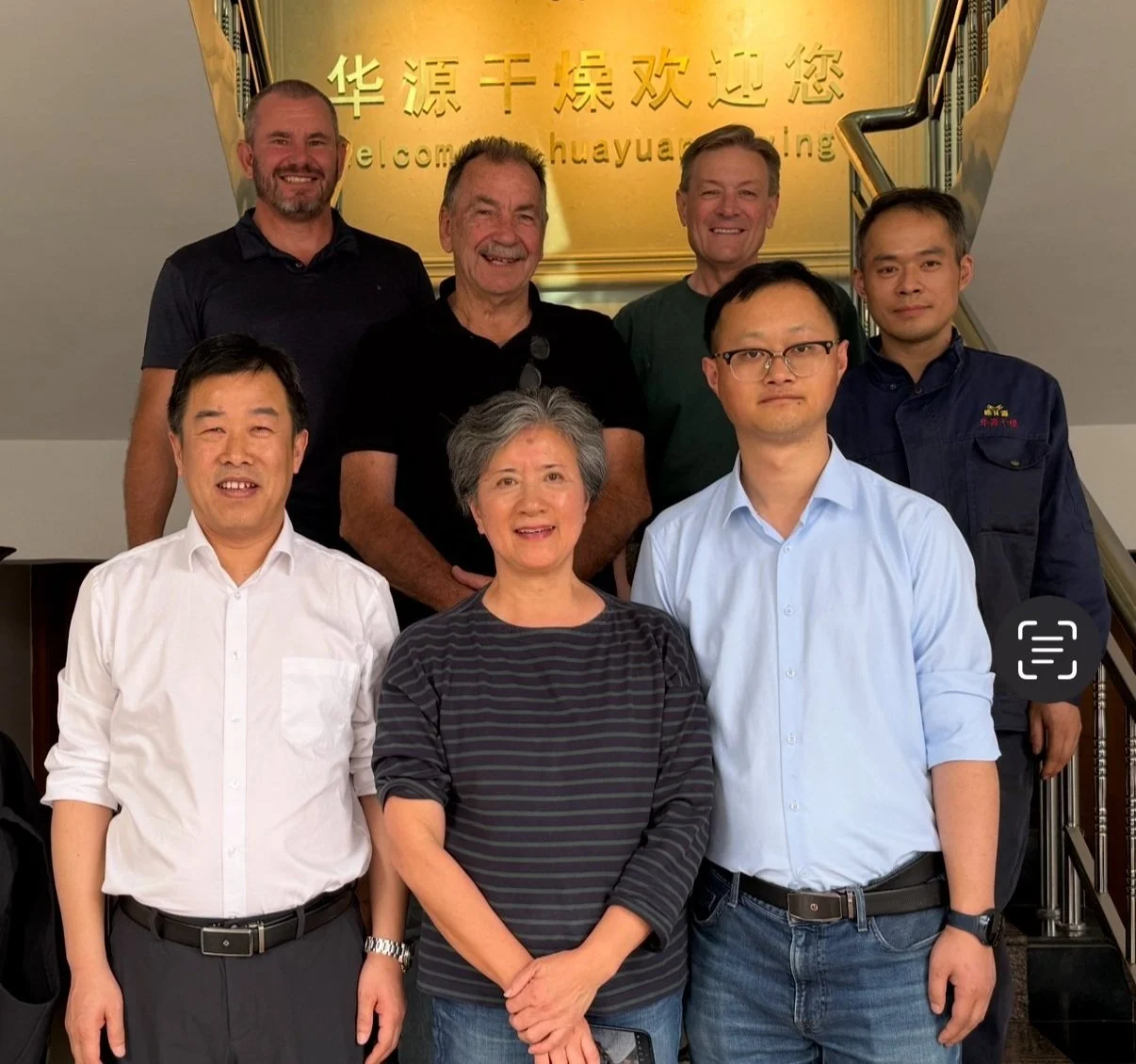The Future of Biochar Technology
At Sitos Group, we believe that building a regenerative future starts with innovation that performs—on the ground, at scale, and in service of the soil that feeds this planet. Our focus on clean technology and advanced pyrolysis systems positions us at the forefront of scalable biochar production. We’re excited to announce a major step forward: the successful testing of our CPM-1000, the first of three slow pyrolysis units that will soon anchor one of California’s most advanced biochar production facilities.
Developed through a long-term partnership with Carbon Powered Minerals and Technology (CPM) and Huayuan Drying Co., the CPM-1000 is the result of years of work to reimagine and upgrade the foundation of clean technology for biochar production and soil regeneration. Since 2018, this global team has refined Stephen Joseph’s open-source slow pyrolysis design to meet the demands of modern biochar production—and the results are exceeding expectations.
A New Standard in Commercial Biochar Production
The first CPM-1000 unit has completed factory testing in China and is engineered for precision, durability, and scalability. When all three units are fully deployed at Treehouse California Almond’s Huller & Sheller, they will form the heart of Sitos Group’s first commercial slow pyrolysis facility—a flagship model of climate-smart infrastructure and strong advocate for regenerative agriculture.
This isn’t just about a machine—it’s about the next evolution of biochar technology, built for the demands of commercial deployment and designed to help reshape a future built on regeneration.
“The advancement of these pyrolysis units is the foundation for what’s next in biochar. With this technology, we’re not just producing more—we’re producing smarter, cleaner, and with the kind of consistency that can scale regenerative agriculture and durable carbon removal.”
-Mayo Ryan, CEO/Co-founder of Sitos Group
Throughput That Redefines What’s Possible
From its early development to the test floor in Changzhou China, the CPM-1000 has exceeded expectations for biochar output, energy efficiency, and design intelligence. During a 24-hour test run, the unit produced nearly 4 tons of biochar at just 49% capacity. Scaled to full throughput, one CPM-1000 is projected to yield over 8 tons of biochar daily—translating to nearly 2,700 tons annually per unit. Across all three units, this complete biochar system will yield more than 8,000 tons of high-quality biochar each year.
Even more notably, these results were achieved using rice husk—one of the more challenging feedstocks for combustion stability—and at just half capacity, underscoring the system’s adaptability.
Why This Matters for Climate-Smart Agriculture
The CPM-1000’s breakthrough performance is a scalable solution for today’s biggest environmental challenges. Every element of this system has been fine-tuned for industrial deployment—from combustion chamber flow to emissions control. The system has wide-reaching benefits across several core focus areas:
Biochar Carbon Removal (BCR): Permanently storing carbon in a stable form, aka biochar
Biomass Management: Transforming nut shells, husks, woody biomass, and other residues into a valuable material
Regenerative Agriculture: Providing high-quality biochar to enrich soils, increase crop yields, and build soil regeneration
Circular Economy: Turning agricultural by-products into valuable agricultural soil amendments, creating the gateway to circularity and carbon-negative products
Clean Technology: Delivers sustainable, carbon negative, emissions-conscious performance at scale
Clean Energy: With the addition of an Organic Rankine Cycle (ORC) unit, we can generate enough energy, at minimum, to offset anything we will need from the grid.
Designed by Experience, Refined for Impact
The CPM-1000 builds on lessons learned from both CPM’s earlier design iterations and Sitos Group’s pilot programs, where real-world conditions translated into meaningful engineering advancements. Key innovations in the CPM-1000 include:
A belt-fed system for both feedstock input and biochar output, improving material handling with lower maintenance
Sealed, dust-free flow from feedstock to finished product for cleaner, safer operations
Airlock integration at feedstock entry points to minimize oxygen infiltration and reduce emissions
Live operational monitoring for real-time performance tracking, automation, and precision control
Integrated post-processing capabilities that enhance the uniformity and commercial value of the final biochar product
These refinements come together to create a seamless, high-performance system—setting a new benchmark in modern slow pyrolysis technology.
Clean Technology Innovation Fueled by Global Partnership
While this pyrolysis technology is cutting-edge, it’s the people behind it who make it exceptional. The CPM-1000 is the product of a truly global collaboration—driven by a shared mission to make biochar a mainstream tool for the regeneration of our planet’s soil.
For years, CPM and Huayuan worked quietly and collaboratively, driven by a shared intention: to design a system capable of consistently delivering high-quality biochar. When Sitos Group entered the partnership, we saw more than promising equipment—we saw two teams aligned in their commitment to performance, precision, and purpose. Together, we’ve developed a true workhorse: a scalable, impact-driven system built to advance carbon removal and regenerative agriculture—one deployment at a time.
As we prepare to bring the CPM-1000 online in California, we invite growers, clean tech innovators, and climate investors to see the system in action—and explore the future of carbon removal and regenerative agriculture.
“We’re proud to bring CPM’s engineering strength to Sitos Group’s climate mission. This project is a flagship for what’s possible when manufacturers and carbon innovators work in sync — we foster technology development and improvement; we are customer-needs-focused and user-experience-oriented. We’re excited for the journey ahead.”
-Terri Sun, CEO/Co-founder of CPM
What Comes Next
With installation of all three CPM-1000 units at Treehouse Almonds soon underway, this slow pyrolysis system is poised to become one of California’s leading examples of biochar technology in action. From clean technology innovation, carbon sequestration and by-product-to-resource transformation, this system is designed to deliver real, scalable impact across multiple climate-smart sectors.
This is more than a milestone—it’s a launchpad for what’s next in commercial biochar production. And at Sitos Group, we’re just getting started.
















